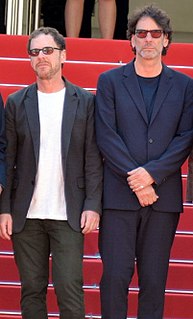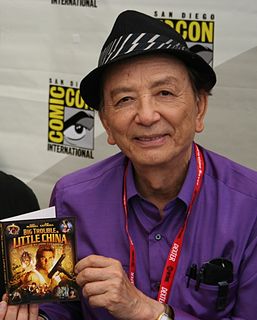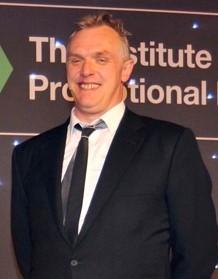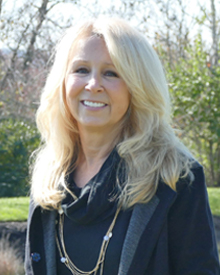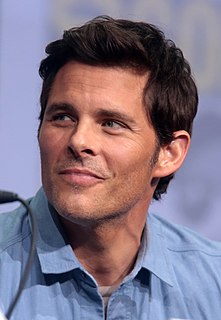A Quote by Joan Baez
That was sheer luck that it [being immersed into folk scene] happened when my voice began to develop. I don't know exactly what would have happened if I hadn't been alive and well and really lively in the Cambridge scene. But (the folk scene) was, and I fell into it absolutely naturally in the little coffee shops, and pretty soon it was Newport and then it was an overwhelming response internationally, actually.
Related Quotes
Whether it's one scene or 15 scenes in a film, whether it's the lead or a cameo part, if I don't find it interesting, I tend not to do it. You never really know what it is. It could be a one-scene part. I remember I read the one scene in Crash and was asked to do it. I was like, "Absolutely!" There's no formula for how something has to be. I always try to keep it that way.
Any story has a beginning, middle, and end, of course, but the question is, where do you start it exactly? It's about a guy who is murdered in a fistfight, but how does it evolve and what does it mean? That's what I discovered scene by scene, and this innovation of coming in as a first-person narrator was a complete surprise to me. It just happened.
have a much harder time writing stories than novels. I need the expansiveness of a novel and the propulsive energy it provides. When I think about scene - and when I teach scene writing - I'm thinking about questions. What questions are raised by a scene? What questions are answered? What questions persist from scene to scene to scene?
I really like the Chris-R scene and of course the "you are tearing me apart Lisa" scene. The reason I love the Chris-R scene is because we worked really hard to finish it. It's not just that though, it brings people together. Everyone is one the roof together by the end of the scene. You see the perspectives of the different characters. I feel like with all the connections in this scene that the room connects the entire world
I actually went to see 'Rushmore,' and I came late, and I missed myself. It was great, that scene. I caught that scene the other day on TV, funny enough, the first scene that you see with Jason Schwartzman and myself, where we talk about his grades. That's a brilliant scene, and I have to say, we play it brilliantly.
I have always been good at auditioning, but maybe because I had a good trick at the beginning. I would pretend that my agent gave me the wrong scene or lines. They would take pity on me and hand me the right scene. I would act like I had never seen this before - and then do pretty well considering I had already rehearsed it.

